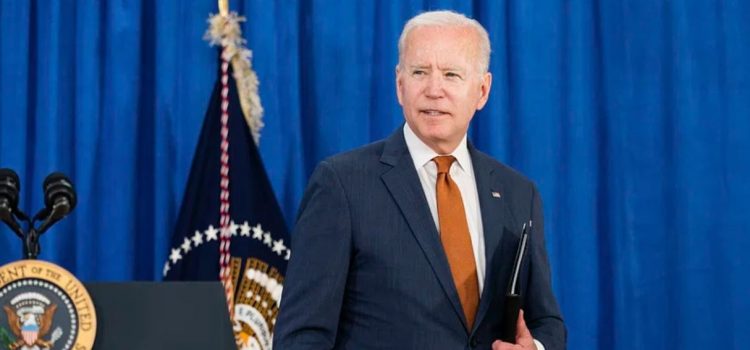
What is Executive Order 14036? What are supporters and critics saying about the plan? What’s the likelihood that it will succeed?
President Biden is challenging huge corporations’ control over markets with new directives to increase competition and oversight. The success of Biden’s plan may hinge on modernizing outdated antitrust laws through bipartisan legislation. But lack of cooperation between parties poses a challenge.
Here’s an overview of the plan’s goals and what it would entail.
Promoting Competition in the American Economy
In July, President Biden launched a campaign against mega-corporations, directing federal agencies to implement sweeping measures to increase competition, cut costs, and break the grip of a few corporate titans across key sectors of the US economy.
Executive Order 14036
On July 9, 2021, President Biden signed a landmark executive order 14036 making competition a top economic priority. The order initiated a government-wide effort to check corporate power, which Biden said has inflated consumer prices, depressed worker wages, and stifled innovation. The plan is based on a core Bidenomics principle—that robust competition will deliver real benefits for middle-class families burdened by inflation.
What Is Bidenomics?
Bidenomics is a set of policies proposed by President Biden to grow the economy and support the middle class. The White House embraced the term after several media outlets critical of the president’s economic policies started using it in a negative way. Biden’s team adopted and rebranded Bidenomics to highlight what he saw as the positive impacts of his economic policies and signal a departure from Reaganomics’ trickle-down policies.
Bidenenomics centers on three key principles:
- Invest in America’s future.
- Strengthen and support American workers to boost the middle class.
- Encourage competition to reduce costs and support small businesses.
Biden’s Announced Competition Measures
In July, the White House Competition Council revealed new initiatives building on the President’s 2021 executive order, which promote competition in three areas:
- Agriculture. The Department of Agriculture is partnering with over two dozen state attorneys general to stop price gouging and anticompetitive tactics in farm markets. The USDA also opened a direct channel for farmers to flag seed patents they believe are misused.
- Rental housing. The administration is addressing unnecessary “junk fees” imposed on tenants, including application fees above actual background check costs.
- Merger oversight. The Federal Trade Commission (FTC) and Department of Justice (DOJ) published long-awaited updates to federal merger guidelines. The proposed revisions seek to halt mergers likely to damage competition and consumers, even without firm proof that they will raise prices.
The Case For Enhanced Competition Enforcement
Supporters of the president’s new initiatives, including Democrats and consumer advocates, say the new guidelines account for current market reality and that unchecked mergers undermine the integrity of the nation’s free and fair market economy. They argue that:
- Lax oversight has enabled corporations to consume competitors and control industries.
- Stricter merger oversight aims to prevent potential future damage from excessive consolidation.
- More competition could increase choices, enhance services and products, and improve fairness.
The White House says its early competition efforts have already spurred record entrepreneurial activity, with new small business applications hitting an all-time high in 2021 and 2022 following the Covid-19 pandemic and passage of historic relief packages.
Critiques of the Competition Push
Critics of the president’s plan, including Republican lawmakers and business groups, counter that heightened enforcement will impose heavy regulatory costs and prevent companies that have thrived through innovation or competitive pricing from scaling efficiently. This will lead to higher household costs, fewer consumer options, slower economic growth, and weakened national competitiveness against foreign rivals. They further argue that revised merger guidelines are vague and rely on flawed case law and outdated economic analysis.
Looking Ahead
As the administration moves forward with efforts to enhance competition, a key next step is finalizing the proposed merger guidelines after a public comment period ending in September. However, some experts argue new, bipartisan legislation may ultimately be needed to modernize antiquated antitrust laws and enable regulators to address threats posed by today’s corporate titans.






